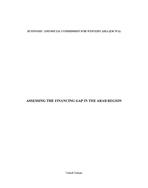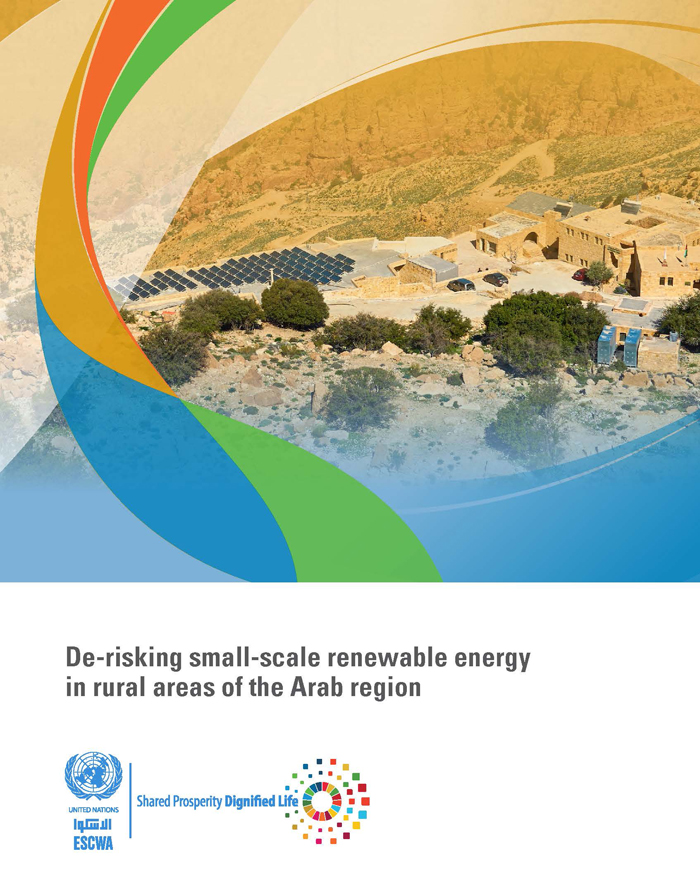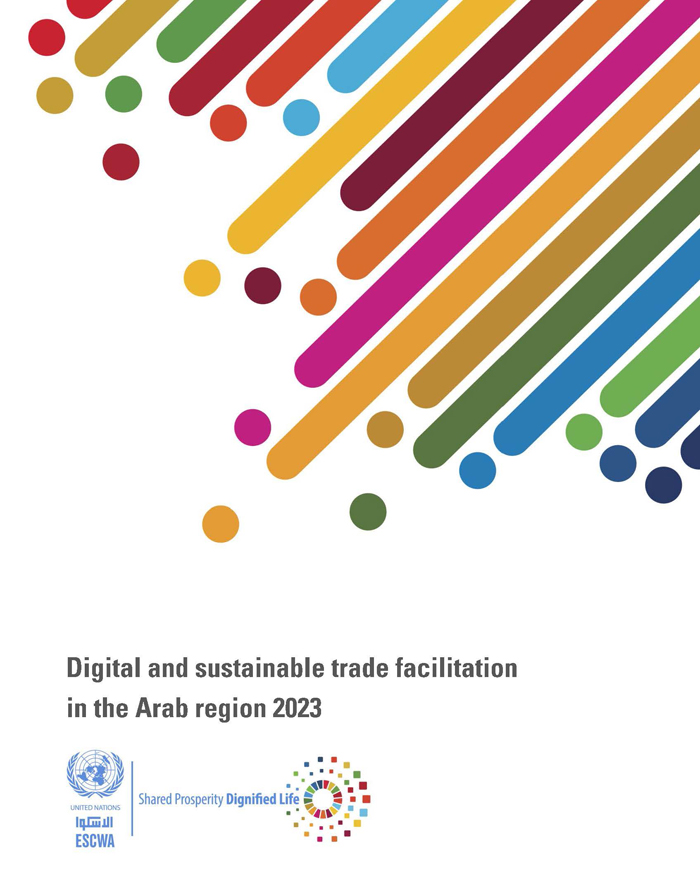
ESCWA Publication: E/ESCWA/EDGD/2013/5
Country: Arab region
Publication Type: Working papers
Cluster: Shared Economic Prosperity
Focus Area: Financing for development
Initiatives: Illicit Financial Flows
SDGs: Goal 17: Partnerships for the Goals
Keywords: Arab countries, Development finance, Economic gap, Foreign direct investment, Middle east, Western asia, Development assistance, Financial flows, Financing
Assessing the financing gap in the Arab region
January 2013
Financing is one of the core issues in international development. Many wealthy countries have agreed on the need to allocate 0.7 per cent of their national income to financing development in less developped countries. However, the pledges made by donors did not always materialize. At this critical time, when several Arab countries are experiencing significant instability, and as the deadline for the Millennium Development Goals is approaching, it is important to assess the financing gap in the Arab region.
This study evaluates the gap between what is needed and the resources that selected Arab countries have at their disposal. It also describes the types of financial flows contributing to development. It highlights key methodological considerations involved in calculating financing gaps and uses the balance-of-payments-constrained growth model to estimate the 2009 financing gap for selected Arab countries. The study proposes policy options to bridge financing gaps. It concludes that political stability, a sound macroeconomic environment and a solid investment climate are the three pillars of effective financing for development.
Related content
Financing for development
,
Financing is one of the core issues in international development. Many wealthy countries have agreed on the need to allocate 0.7 per cent of their national income to financing development in less developped countries. However, the pledges made by donors did not always materialize. At this critical time, when several Arab countries are experiencing significant instability, and as the deadline for the Millennium Development Goals is approaching, it is important to assess the financing gap in the Arab region.
This study evaluates the gap between what is needed and the resources that selected Arab countries have at their disposal. It also describes the types of financial flows contributing to development. It highlights key methodological considerations involved in calculating financing gaps and uses the balance-of-payments-constrained growth model to estimate the 2009 financing gap for selected Arab countries. The study proposes policy options to bridge financing gaps. It concludes that political stability, a sound macroeconomic environment and a solid investment climate are the three pillars of effective financing for development.



